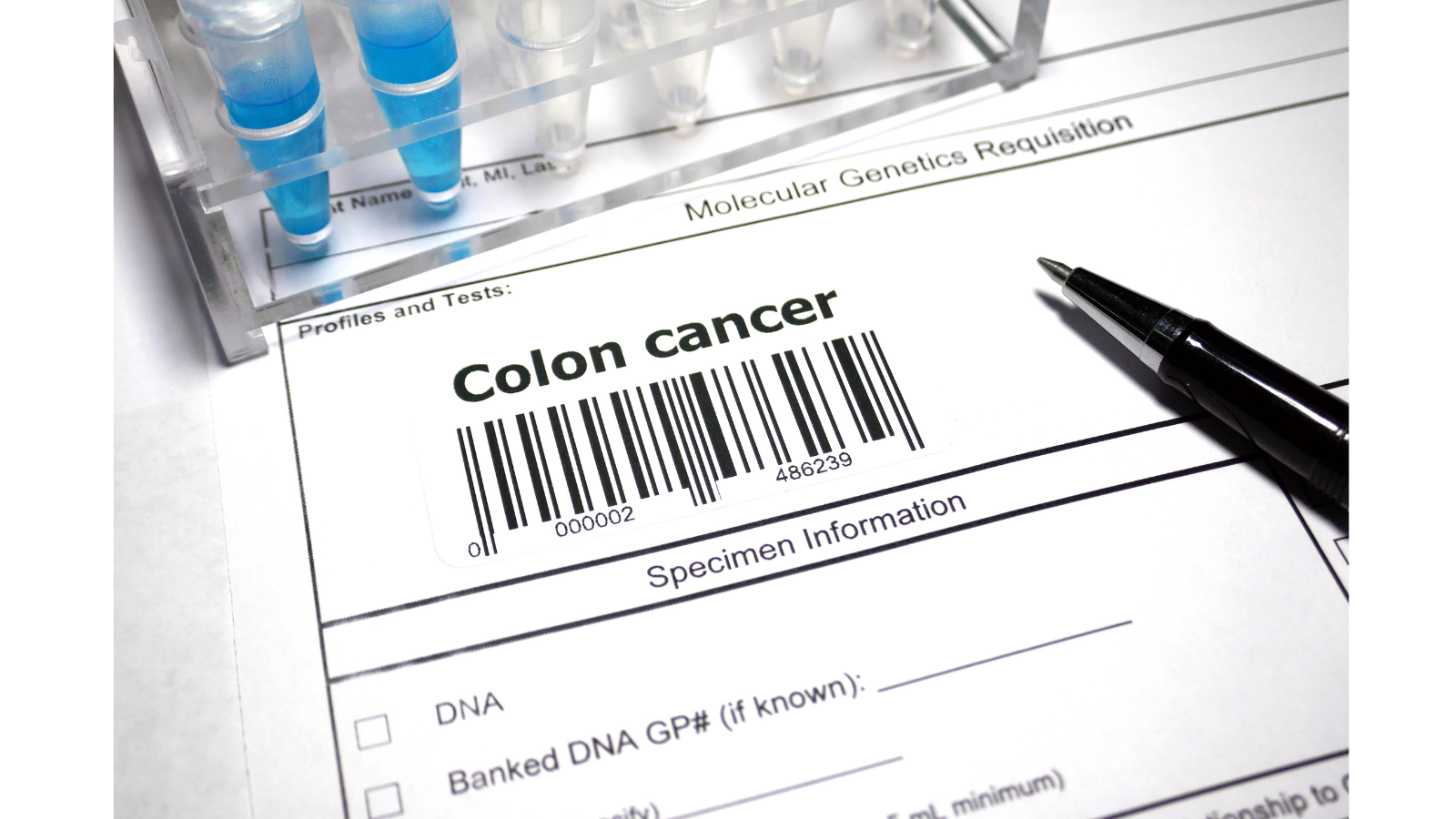
Colon cancer is the second leading cause of cancer death in New York City, after lung cancer, according to NYC Health. Also called colorectal cancer, it is most often found in people age 45 and older. About 1,100 New Yorkers die each year from colon cancer, and more than 3,500 are diagnosed.
“We’re seeing younger patients now for colon cancer screenings,” says Meredith Gentes, FNP-BC CDE, Senior Director of Population Health at Ryan Health. “The recommendation used to be over age 50, but colon cancer is being detected in individuals younger than 50. The earlier you find cancer, the easier it is to treat.”
The US Preventative Services Task Force is recommending earlier colon cancer screenings, starting at age 45 instead of 50, which is supported by the American Cancer Society.
Men and women of all ethnicities and races get colon cancer, but there are ethnic disparities too. “Black people are 20 percent more likely to get colon cancer and 40 percent more likely to die from it,” says Juliette George, Associate Director of Population Health at Ryan Health. Those statistics come from the American Cancer Society.
Colon cancer screenings can be a lifesaver. There are three types of screenings:
Colonoscopy. “This is the most commonly done test in the US and the one your provider will usually bring up first, but it is the most invasive,” Gentes says. “They’re looking for polyps, which can be removed right then.” But a colonoscopy can be a barrier to getting screened due to the preparation, anesthesia, and travel to a center for the procedure. You typically need to do a colonoscopy every 10 years. It may only be required if you are at higher risk with a history of colon cancer in your family, or if you have ulcerative colitis or Crohn’s disease. Ryan Health does not perform colonoscopies but partners with centers and hospitals that do.
FIT (Fecal Immunochemical Test) kit. You collect a stool sample (that’s another word for your poop) and return it to your doctor’s office where a lab tests for blood in the stool. It is a non-invasive test that is done every year.
Cologuard. Cologuard is a stool test that looks for abnormal DNA and blood in the stool. Cologuard is mailed to you, and you collect a sample and mail back to the company. It is non-invasive and can be done every three years for those at average risk. Cologuard detects cancer and pre-cancer, and is a new service at Ryan Health.
“Colon cancer is the only cancer screening where we can offer options,” Gentes says. “It is nice in that patients respond to that. I rarely get a flat-out refusal.”
Colon cancer screening is important because it allows the discovery of issues early. Treatment for colon cancer could involve surgery to remove a portion of the colon, plus radiation and chemotherapy.
If you are age 45 or over, ask your provider about the best colorectal cancer screening for you.
Resources:
Citywide Colorectal Cancer Control Coalition (C5)
Colorectal Cancer Rates Higher in African Americans, American Cancer Society
Colorectal Cancer, Centers for Disease Control and Prevention